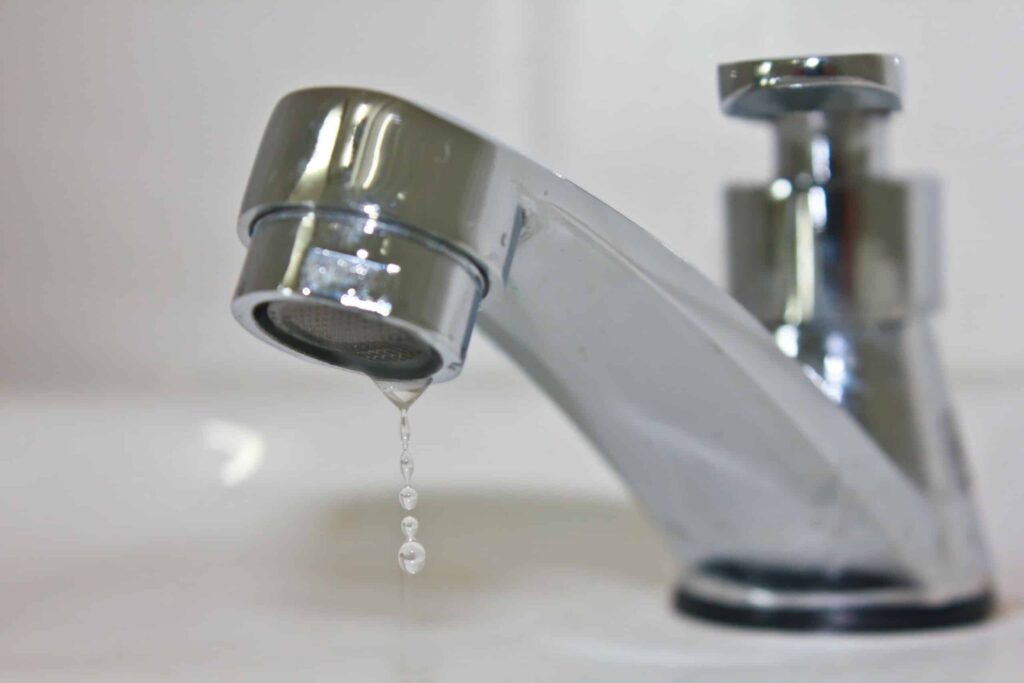Winter in Brooklyn brings with it the beauty of snow-covered streets and cozy moments by the fireplace. Yet, alongside these charms, the plummeting temperatures pose a risk to your home’s plumbing. The threat of frozen pipes lurks, potentially leading to the nightmare of burst pipes and extensive damage.
To shield your home from this cold-induced havoc, the expert Brooklyn plumbers at Petri Plumbing, Heating, Cooling & Drain Cleaning have put together this comprehensive guide.

Read on to learn everything you need to know about preventing frozen pipes and reach out to us with any questions you may have!
And don’t miss Petri’s own Chris Petri provide tips on winterizing your pipes to News 12 Brooklyn’s viewers.
Winter’s chill can wreak havoc on plumbing systems. Frozen pipes present a substantial risk, capable of causing significant water damage within homes. Burst pipes can lead to financial strain, health hazards due to mold growth, and structural issues, making prevention crucial.
Before it gets really cold in Brooklyn, here are some things you can do that will help prevent your pipes from freezing.
Starting with a thorough plumbing inspection by experts like Petri can preemptively identify potential issues before the coldest weather hits.
In case of a plumbing emergency in Brooklyn, knowing the location of the main water valve is crucial to minimize potential water damage.
In case of a plumbing emergency or persistent frozen pipes, you’ll need immediate help from a reputable plumber that’s available 24/7, like Petri Plumbing, Heating, Cooling & Drain Cleaning. Professional plumbers possess the expertise to address frozen pipe issues, leaks or bursts promptly and effectively!
Insulation is key: Just as you’d bundle up in winter, your pipes need protection, too. Conduct a thorough inspection of areas prone to freezing, such as attics, crawl spaces, and basements. Look for gaps or insufficient insulation around pipes.
Pipe insulation, available at hardware stores, offers a cost-effective shield against freezing. Consider using heating tape specifically designed for pipes to maintain warmth.
If caught off guard by a sudden cold spell, improvising with duct tape and newspaper around exposed pipes can provide temporary insulation.
Make sure to wrap the insulation snugly around the pipes, especially those near exterior walls or in unheated areas.
Although not the most eco-friendly method, allowing faucets to drip helps prevent freezing. Running water generates heat, which can be enough to safeguard pipes. Target faucets connected to more exposed pipes and let them drip during extreme cold.
Even in winter, it’s easy to forget to close the garage door. Ensure it stays shut during icy weather. This small action prevents cold drafts from reaching vulnerable pipes.
During harsh cold spells, maintain a steady indoor temperature. While it might be tempting to lower the heat while away or asleep, consistency keeps pipes warm, reducing the risk of freezing. We recommend maintaining a minimum temperature of 55 degrees Fahrenheit within your home, especially when traveling during winter.
Inspect your home for small openings that allow cold air in, particularly in the garage, crawl space, and attic. Sealing these gaps not only protects pipes but also retains indoor heat, cutting down energy expenses.
On extremely cold days, open cabinets housing water pipes (like the kitchen sink cabinet) to maintain warmth. Remember to relocate any chemicals stored there if you have children or pets.
If your pipes have already frozen, here are some tips on how to safely thaw them out.
First, determine which pipes are frozen. Look for areas where water flow has ceased or where pipes feel unusually cold or frosty.
If you’re unable to locate the frozen area, encounter significant damage, or are uncomfortable thawing pipes yourself, contact a professional plumber immediately.
Once you’ve identified the frozen pipe, keep the affected faucet open. Running water through the pipe, as it thaws, helps melt the ice and relieves pressure.
There are several safe ways to apply heat to thaw pipes:
Avoid using direct flames, like blowtorches or propane heaters, as they can damage pipes and cause fires. Patience is crucial; don’t rush the thawing process.
Periodically check if water begins flowing from the affected faucet. Once it starts trickling, continue applying heat until the water flows freely.
This is a great time of year to spend with family and friends. Don’t ruin your winter season by having to clean up after a frozen pipe or break your wallet having to repair the damage a burst can create.
Remember, prevention is better than a cure! Take steps to protect your pipes from freezing to avoid this inconvenience altogether.
If you do experience any winter plumbing issues in Brooklyn, like a frozen or burst pipe, or have a plumbing emergency, call us at Petri Plumbing, Heating, Cooling & Drain Cleaning for fast and dependable service!

Ready for top-notch Brooklyn plumbing, heating, cooling, and drain cleaning? Look no further! Petri Plumbing, Heating, Cooling & Drain Cleaning is your trusted New York HVAC contractor and plumber in Brooklyn for all your home service needs. Take the first step towards a comfortable and efficient home – stop your search for “plumber near me”, fill out the form below, and let’s get started on your service request today! Your satisfaction is our priority.